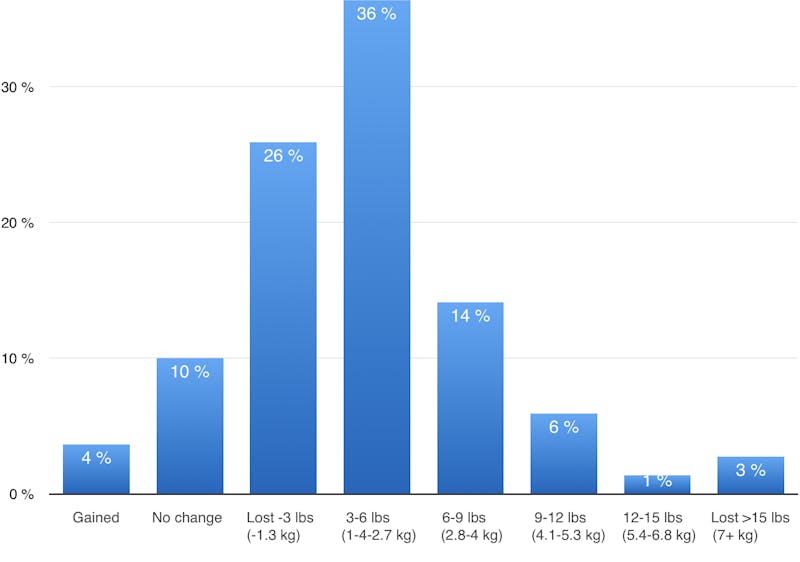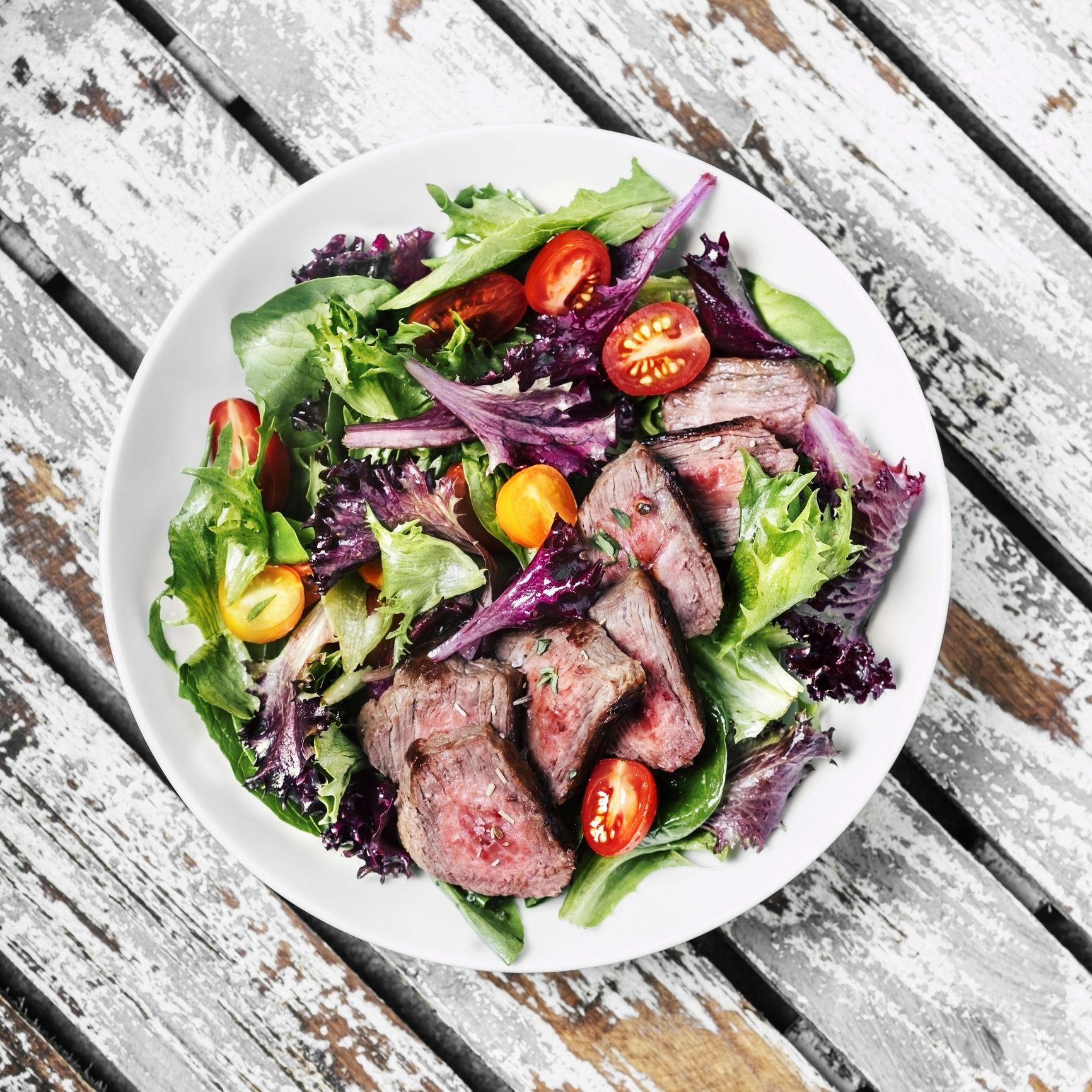This process can train your body to start burning more fat before you totally remove carbs from your diet. A ketogenic diet can also alter your water levels and mineral balance. You may want to add extra salt to your food or consider taking mineral supplements to restore normal balance in your body. Keto usually leads to weight loss without purposeful calorie restriction. With the proper supplements and good dietary practices, the side effects of a ketogenic diet can be limited to very tolerable levels.
Although supplements are not required for a ketogenic diet, they can be useful in reducing side effects and maintaining a natural balance in your body. Some useful supplements for keto include:. However, you will need to significantly cut back on your carb intake at first. After two to three months, you can have carbs on special occasions—as long as you return to the diet right after. There is some risk of losing muscle mass in any diet. However, high protein intake and ketone levels can minimize muscle loss, particularly if you strength train.
- Low-Carb Diet for Weight Loss;
- How to Lose Weight with a Low-Carb Diet — Diet Doctor;
- What are carbs?!
- 18 Reasons Why the Keto Diet Can Help You Lose Weight and Burn Fat;
Your body might not be using ketones and fats in the most effective way. You should try lowering your carb intake or adding supplements to your diet. MCT oil or exogenous ketones can help battle fatigue. Digestive disturbances are a common side effect of switching to a ketogenic diet. Symptoms should pass in three to four weeks. In the meantime, try eating more high-fiber vegetables or supplementing with magnesium to relieve constipation. A ketogenic diet can work wonders for people who are overweight, diabetic and prediabetic or just looking to improve their metabolism.
It may not be as suitable for elite athletes or bodybuilders looking to add significant muscle mass. As with any diet, keto will only work if you are consistent and stick with your plan. The powerful health, nutritional, and weight loss benefits of a ketogenic diet have been proven through extensive research. The loss of extra weight and addition of healthier foods is also a driving force behind improved health.
Unfortunately, not everyone metabolizes fats efficiently enough to experience the benefits of the ketogenic diet. A DNA health test can tell you how efficiently you metabolize fats and if the ketogenic diet is right for you.

Mayonnaise is great for Keto, but not the store bought ones loaded with soybean oil. I would like to try that for belly fat so please help me out there thank you. Thanks to Keto Diet. Subscribe Leave this field empty if you're human:. Necessary cookies are absolutely essential for the website to function properly. This category only includes cookies that ensures basic functionalities and security features of the website. These cookies do not store any personal information.
Any cookies that may not be particularly necessary for the website to function and is used specifically to collect user personal data via analytics, ads, other embedded contents are termed as non-necessary cookies. It is mandatory to procure user consent prior to running these cookies on your website. Keto Ketosis is a completely normal metabolic function. Start The Assessment.
Appointments at Mayo Clinic
Inline Feedbacks. Donna Shook. Share this article 1 9. September, 21 Weight Loss.
18 Reasons Why the Keto Diet Can Help You Lose Weight and Burn Fat | Vitagene
September, 23 Weight Loss. Want to get fresh news? Subscribe to Blog! Get updates of the most trendy news delivered to your email. Start the Assessment. The fibre in these foods can help keep your bowel healthy and adds bulk to your meal, helping you to feel full. To increase the amount of fibre in your diet, aim for at least 5 portions of a variety of fruit and veg a day.
The Truth About Low-Carb Diets and Weight Loss, According to a Dietitian
Go for higher fibre varieties of starchy foods and eat potatoes with the skin on. Try to aim for an average intake of 30g of fibre a day. The glycaemic index GI is a rating system for foods containing carbohydrate. It shows how quickly each food affects the glucose sugar level in your blood when that food is eaten on its own. Some low-GI foods foods that are absorbed slower by the body , such as wholegrain cereals, fruit, vegetables, beans and lentils, are foods we should eat as part of a healthy, balanced diet. But GI alone is not a reliable way of deciding whether foods, or combinations of foods, are healthy or will help you lose weight.
Although low-GI foods cause your blood sugar level to rise and fall slowly, which may help you to feel fuller for longer, not all low-GI foods are healthy. For example, watermelon and parsnips are high-GI foods, yet healthy, while chocolate cake has a lower GI value. And the way a food is cooked and what you eat it with as part of a meal will change the GI rating. Find out more about the glycaemic index GI. Any food can cause weight gain if you eat too much.
Why low carb can help you lose weight
Whether your diet is high in fat or high in carbohydrates, if you frequently consume more energy than your body uses, you're likely to gain weight. Gram for gram, carbohydrate contains fewer calories than fat. Wholegrain varieties of starchy foods are good sources of fibre. Foods high in fibre add bulk to your meal and help you to feel full. But foods high in sugar are often high in calories, and eating these foods too often can contribute to you becoming overweight. Wheat is found in a wide range of foods, from bread, pasta and pizza to cereals, biscuits and sauces.
But there's not enough evidence that foods that contain wheat are any more likely to cause weight gain than any other food.
Unless you have a diagnosed health condition, such as wheat allergy, wheat sensitivity or coeliac disease , there's little evidence that cutting out wheat and other grains from your diet will benefit your health. Wholegrain, wholemeal and brown breads give us energy and contain B vitamins, vitamin E, fibre and a wide range of minerals. White bread also contains a range of vitamins and minerals, but it has less fibre than wholegrain, wholemeal or brown breads. Find out if cutting out bread could help ease bloating or other digestive symptoms.
Carbohydrates, fat and protein all provide energy, but your muscles rely on carbohydrates as their main source of fuel when you exercise. A diet that is low in carbohydrates can lead to a lack of energy during exercise, early fatigue and delayed recovery.
- Everything You Think You Know About Carbs Is Wrong;
- how did tiffany lose weight.
- Free E-newsletter!
- Low-Carb Diets: Can They Help You Lose Weight? A Dietitian Weighs In;
- diet plan for marathon.
- night meal for weight loss.
- regaining strength after weight loss.
It's recommended that you base all your meals around starchy carbohydrate foods and you choose higher fibre wholegrain varieties when you can. Page last reviewed: 9 January Next review due: 9 January The truth about carbs - Healthy weight Secondary navigation You and your weight Weight facts Height and weight chart Hidden causes of weight gain 9 medical reasons for putting on weight How can I speed up my metabolism?
The truth about carbs. Understanding calories Very low calorie diets Calorie checker. Find out your BMI. How to diet Start losing weight Top diets review 10 weight loss myths Keep weight off Should you lose weight fast? How your GP can help you lose weight How to lose weight in a wheelchair Managing weight with a learning disability.
Account Login
What can I do if my child is very overweight? Underweight adults Underweight adults Keeping your weight up in later life. Underweight teen boys Underweight teen girls Supporting someone with an eating disorder. Underweight children aged 2 to 5 Underweight children aged 6 to Advice for parents of healthy-weight children. What are carbs? There are 3 different types of carbohydrates found in food: sugar, starch and fibre.
